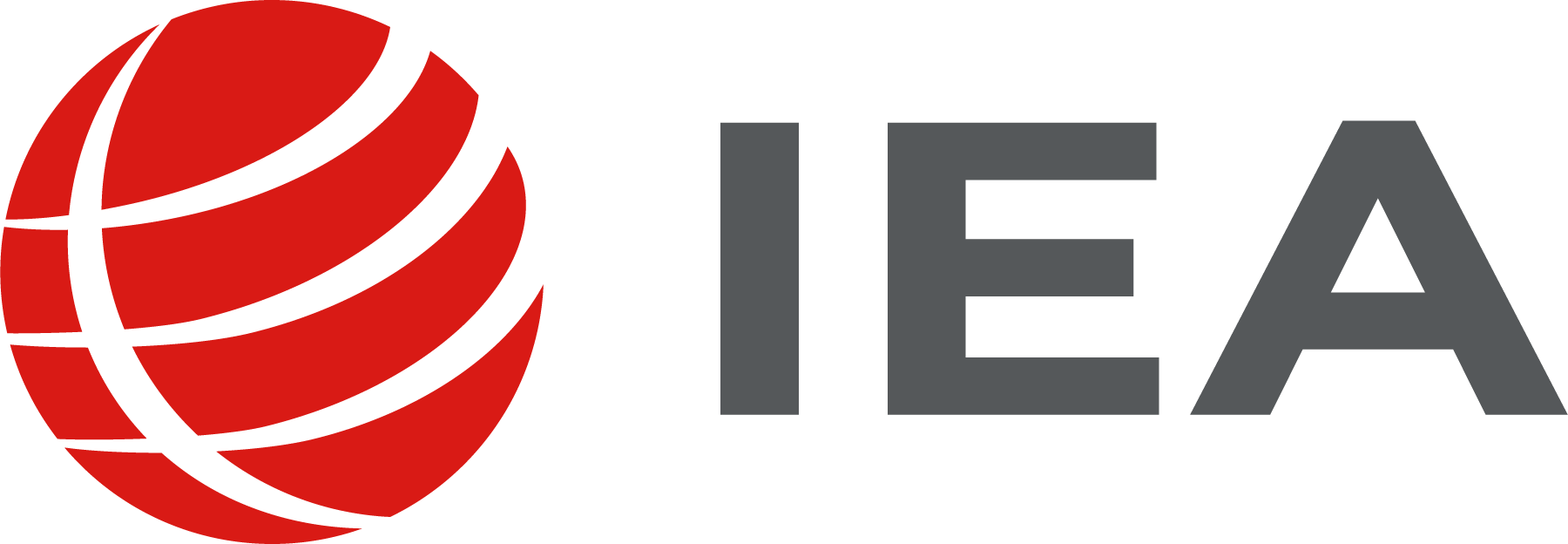In connection to our quarterly newsletter, IEA Updates, we share a summary of how IEA studies have progressed in recent months, including IEA's COVID-19 studies (REDS and KWiK) and other studies that IEA are a part of. Further highlights about IEA's recent activities can be found in our July online newsletter, here. You can also subscribe here to receive our future newsletter updates.
IEA Study Updates | July 2021
BEAM
Despite the challenging conditions determined by the pandemic in Botswana, the pilot study, based on reading and mathematics items, was prepared and conducted successfully by Botswana Examination Council (BEC) in six schools at end of April 2021. A second pilot study was conducted at the end of June in four schools at Grade 5, and a one-week sampling workshop for BEC staff also successfully took place in June.
ICCS 2022
The International Civic and Citizenship Education Study (ICCS) 2022 “check-in” meeting that took place in April revealed that some countries were able to administer the Field Trial (FT) with few disruptions, but most countries experienced challenges in organizing the field trial data collection. Currently, data has been received from 17 countries. Data received by August will be used for the review of FT outcomes prior to the selection of main survey instruments, and all National Study Centers will receive extensive reports on their results even if they cannot be included for the FT analysis. Despite the FT challenges, preparations for the main survey data collection are progressing well ahead of the 4th NRC meeting in September.
ICILS 2023
In July, the third International Computer and Information Literacy Study (ICILS) National Research Coordinator meeting was held virtually in a series of successful sessions aimed at preparing for the upcoming FT. As final participation agreements are being confirmed for ICILS 2023, we expect more than 30 countries (including benchmarking participants) to take part in the study.
KWiK
Following the feedback sent to schools containing first results in March, the German COVID-19 study, Continuity and Change in Schools in Times of Crisis (KWiK), moved forward towards is second measuring point, which began in June. The conception of the questionnaires for the second measuring point was concluded and, in addition to collecting data from those school principals previously surveyed, teachers from the same schools will be surveyed for the first time.
National Studies
In Germany, the workload on important national studies remains high, with some major projects reaching important milestones. The IGLU (PIRLS in Germany) data collection phase was finalized in July, and the IEA ICCS FT and PISA 2021 FT final data submission also took place. As such, much of the workload has now switched from the Field Operations Unit to the Logistics and Data Entry staff. In particular, we were delighted to see the high participation rates for IGLU, despite the difficult circumstances with school closures and lessons in alternating groups during the data collection phase. Furthermore, test packages in the scope of the Bildungstrend were received back at IEA Hamburg, taking up an impressive amount of space by logistics.
PIRLS 2021
Despite all the trials and tribulations caused by the pandemic, the Progress in International Reading Literacy Study (PIRLS) 2021 data collection has gone amazingly well so far. We expect that 35 countries will have succeeded in administering PIRLS in the original testing window – October-December 2020 for southern hemisphere countries and March-June 2021 in the northern hemisphere. Data from these countries are on their way to IEA Hamburg and the TIMSS & PIRLS International Study Center. Although some countries had to delay their data collection, PIRLS is on track for the publication of international results in December 2022.
REDS
Data collection has been completed in most Responses to Educational Disruption Survey (REDS) countries, and the study is now moving towards data analysis and eventual international reporting. A full update on the progress of REDS can be found here.
Rosetta Stone
It still took some time to retrieve accompanying information and to harmonize the different study data formats, following the submission of the weighted and scored PASEC (Programme d’analyse des systèmes éducatifs de la CONFEMEN) assessment data in March 2021 towards IEA Rosetta Stone. The Item Response Theory scaling and creation of concordance tables will proceed in August.
TALIS 2024
Following the National Project Managers (NPM) on-boarding meeting that took place in mid-June for OECD Teaching and Learning International Survey (TALIS) 2024, the next few months will be about following the path to the pilot study in February/March 2022 as carefully as possible. Releases of the NPM Guidelines, the Sampling Manual and the Pilot Guidelines are scheduled for August and September.
TIMSS 2023
Trends in International Mathematics and Science Study (TIMSS) 2023 represents a major milestone towards a fully digital assessment. Preparations for the FT are already underway, and the successful transition to the digital format was facilitated by the extra effort spent by countries who already participated in the digital assessment in 2019.
21CS MAP
As a result of the disruption faced to education around the world, the original study design of IEA 21st Century Skills Mapping study (21CS MAP) has been tailored to a more agile, pilot study. The pilot is designed to explore best modalities for implementation of a main study. In particular, it will explore collaborative approaches to definitional challenges associated with 21CS in the curriculum, and methods for data collection.

